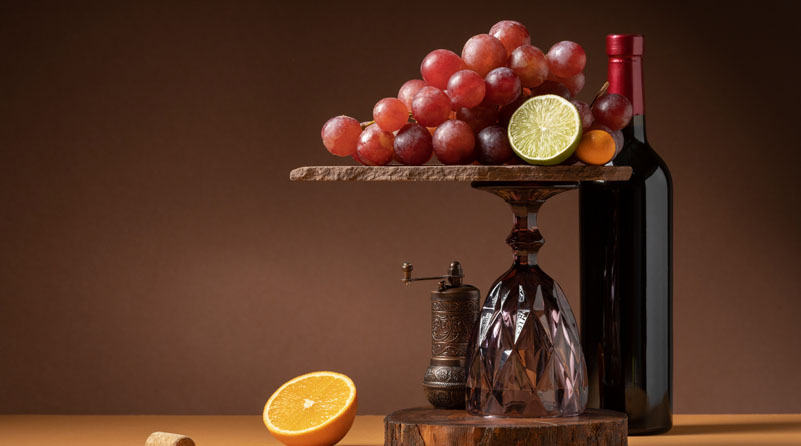The brewing process of beer was first documented by the Ancient Egyptians on papyrus scrolls around 5,000 BC, making it the oldest recorded recipe in history. The first brew contained ingredients such as dates, pomegranates and indigenous herbs. By today’s standards, it’s likely to be a harsher beer to drink. It was often used for religious ceremonies by the Pharaoh, who would direct the brewing schedule as well as its distribution.
However, it’s been said that the Mesopotamians were actually the first to brew beer. They just never wrote down any recipes. If this is to be true, the first beer would have been brewed around 10,000 BC. The only evidence they left behind of brewing the beverage was malted barley scraps, along with bowls that contained a residue similar to beer.
From the Middle East to Europe
Beer inevitably made its way through the Middle East into the Mediterranean and Europe. It was then that beer became an integral part of daily life, especially for the Northern European countries of Germany, Belgium and, eventually, The British Isles. There was an abundance of barley crops that provided a large number of raw ingredients for brewers to utilize. The beverage was valued amongst the community for both its nutritional value and its safe consumption when compared to their drinking water, which was often contaminated by human waste.
Early Middle Ages
This is when modern beer was thought to be born, thanks to Northern Europe. Brewers would use malted barley as their chief source of fermentable sugar and continued doing so for hundreds of years. The use of hops as a flavouring and bittering agent weren’t commonly used until the twelfth century. Until then, herbs and spices were implemented in order to balance the malt flavours of the beer.
German monks began using wild hops in their brewing process around 1150, and the use of the ingredient caught on. The hops not only acted as a natural preservative for the beer, but it also added a nice bitterness that was desired by avid consumers. Monks were the most innovative of brewers during the Middle Ages, most monasteries having a brewery on site. Monks are credited for creating many brewing innovations, including the concept of cold storing beer to improve the flavour.
The British Isles
Beer was an integral part of British life, which is why many beer styles today come from Britain, including pale ales, porters and stouts. Brewed in England and Ireland for hundreds of years, the British army would deliver daily beer rations to soldiers. When the British empire occupied a majority of the civilized world, the Royal Navy would deliver beer to soldiers across the empire.
The New World
With the arrival of the first European colonists also came beer. The first permanent structure that was built once they landed at Plymouth Rock was a brewery, as they’d run out of beer upon arrival. That was the start of America’s passion for brewing beer. By 1810, New York City alone had 42 breweries. While almost all American beers were based off British styles, that began to change towards the mid-1800s. A wave of immigrants from Northern and Central Europe brought new beer styles and flavours. The pale, hoppy beer was soon joined by the dark, heavier ales that are still popular today.
While American beer production rose from the late-1800s to the early 1900s, it came to a halt with the 1920 Prohibition. For the next 13 years, brand loyalty disappeared, making room for new players that are still active today.
At Seven Degrees Liquor store in Edmonton, Alberta, we provide customers with high-quality wines, craft beers and spirits at a great price. Visit our Edmonton beer and wine store for a free sample and expert advice.





